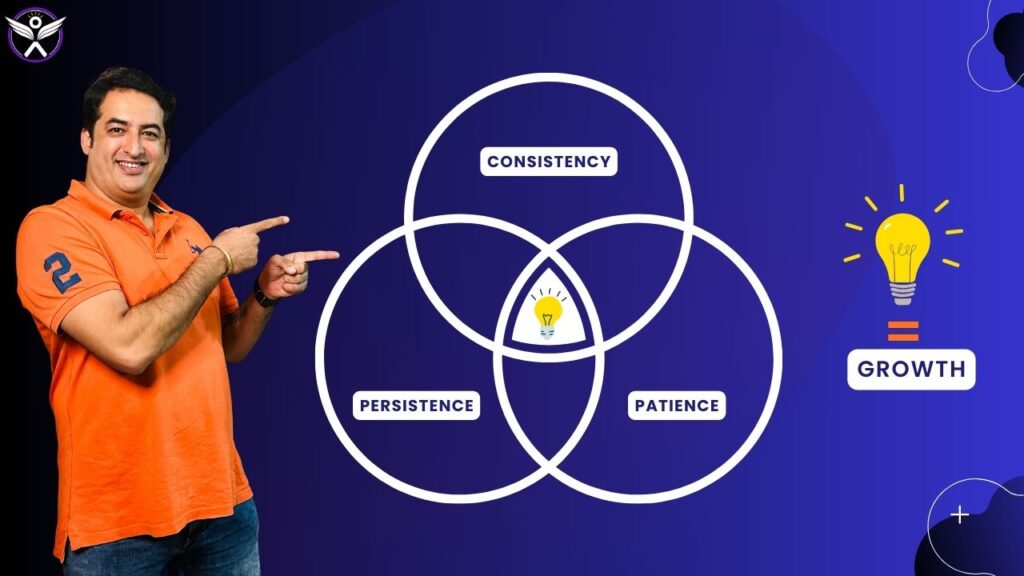




Services

Website Building
Lorem ipsum dolor sit amet, consectetur adipiscing elit. Ut elit tellus, luctus nec

Social Media Optimization
Lorem ipsum dolor sit amet, consectetur adipiscing elit. Ut elit tellus, luctus nec

Search Engine Optimization
Lorem ipsum dolor sit amet, consectetur adipiscing elit. Ut elit tellus, luctus nec

Social Media Marketing
Lorem ipsum dolor sit amet, consectetur adipiscing elit. Ut elit tellus, luctus nec

Search Engine Marketing
Lorem ipsum dolor sit amet, consectetur adipiscing elit. Ut elit tellus, luctus nec

Direct Marketing
Lorem ipsum dolor sit amet, consectetur adipiscing elit. Ut elit tellus, luctus nec
Why Us ?
Focus
Lorem ipsum dolor sit amet, consectetur adipiscing elit. Ut elit tellus, luctus nec ullamcorper mattis, pulvinar dapibus leo.
Team
Lorem ipsum dolor sit amet, consectetur adipiscing elit. Ut elit tellus, luctus nec ullamcorper mattis, pulvinar dapibus leo.
In Time
Lorem ipsum dolor sit amet, consectetur adipiscing elit. Ut elit tellus, luctus nec ullamcorper mattis, pulvinar dapibus leo.
Result
Lorem ipsum dolor sit amet, consectetur adipiscing elit. Ut elit tellus, luctus nec ullamcorper mattis, pulvinar dapibus leo.
For Quatation
Meet the Mentor

A blood collection center is a vital facility dedicated to collecting, processing, and distributing blood and its components for medical use. These centers play a crucial role in ensuring a stable supply of blood for hospitals and clinics, where it is essential for surgeries, trauma care, and patients with chronic conditions like anemia. Typically, blood collection centers are equipped with state-of-the-art technology to ensure the safety and efficiency of the blood donation process. Trained staff, including phlebotomists and medical professionals, oversee the collection procedures. They conduct thorough screenings to assess donor eligibility, including health questionnaires and mini-physical exams, ensuring that donors are fit to give blood and minimizing any risks to both the donor and the recipient. The donation process itself is straightforward and relatively quick, often taking about 30 to 60 minutes from start to finish. Donors are usually offered refreshments post-donation to help replenish their energy. Blood collected is then sent to laboratories for testing, where it is screened for infectious diseases and categorized for different components, such as red blood cells, plasma, and platelets. Public awareness campaigns are vital for maintaining a steady donor base. Many centers engage with local communities through events, partnerships, and educational programs to emphasize the importance of blood donation and encourage regular participation. In times of crisis, such as natural disasters or public health emergencies, blood collection centers are critical for responding to increased demand.
Our Results

For Quatation
Testimonials
Shweta Mishra
SusantaSharma
Mamta Verma
Contact US
Address
B1-20
Arawali Apartment
Sector 34
Noida, GBN
Uttar Pradesh
Email Id
mrcollectioncenter@gmail.com
Cell
+91 9717849294
